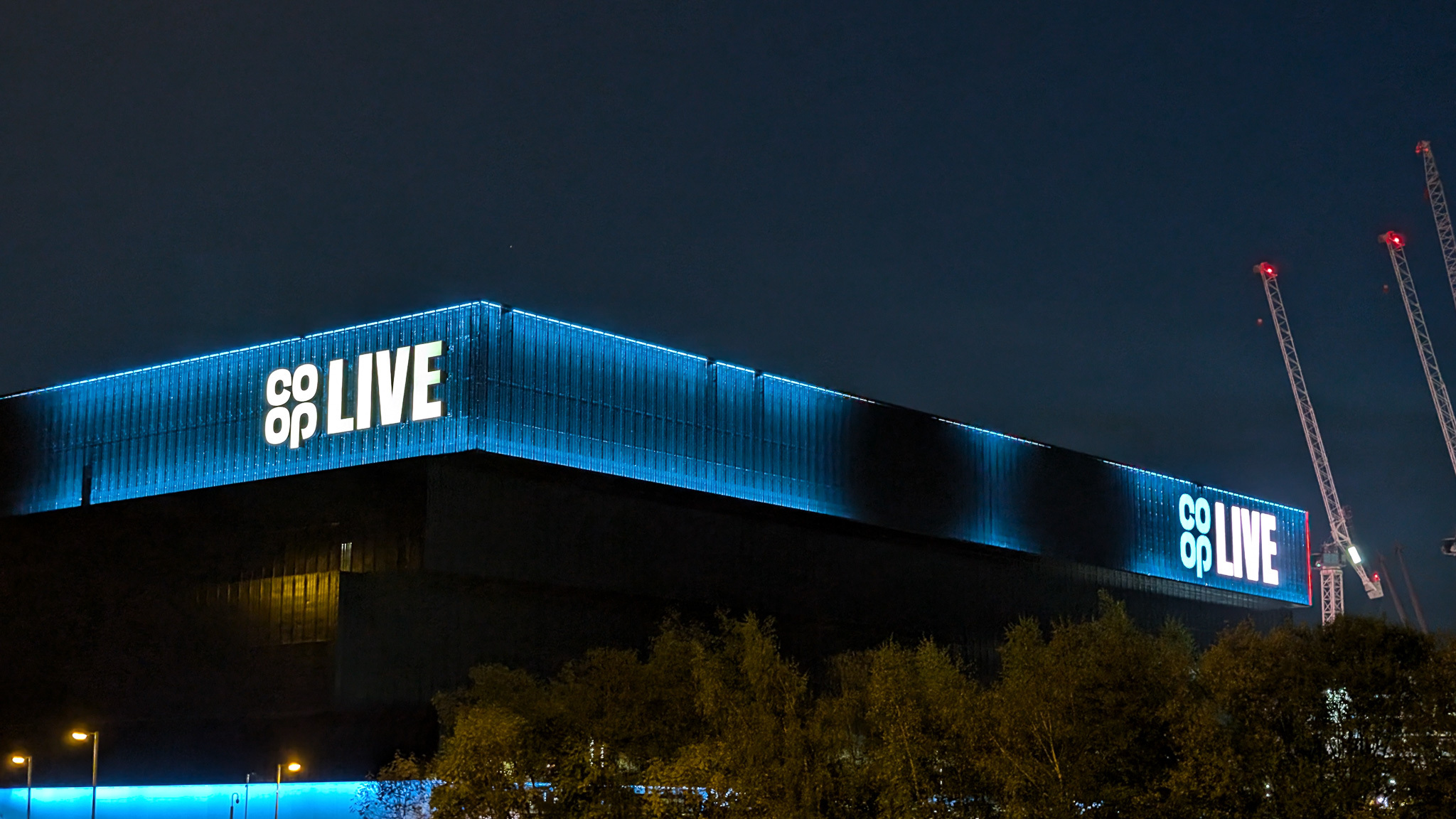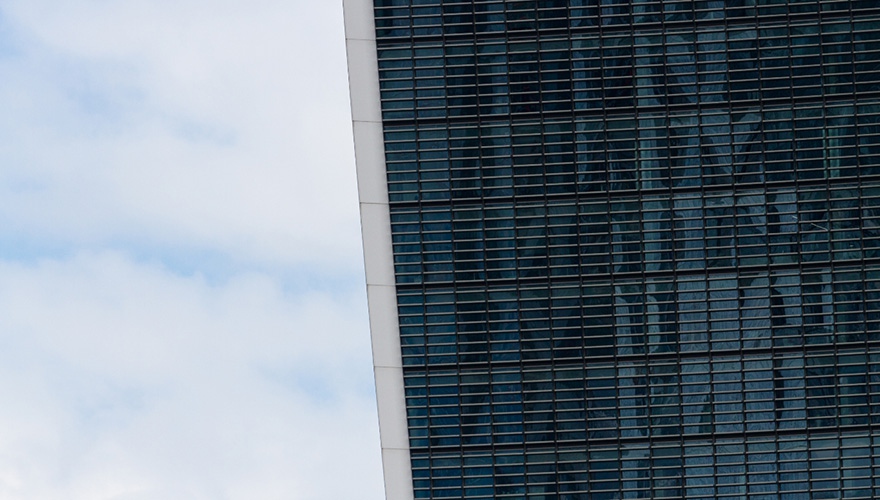Insights

17/01/2023
As the great and the good fly to Davos this week for this year’s World Economic Forum, and the inevitable irony of having many fly into Switzerland by private jet when one of the core topics for discussion is sustainability will not be lost on many, we find ourselves asking what is the point of the World Economic Forum.
With COP 26 and COP 27 still seeming to fail to gain the necessary traction, even as the evidence of a changing climate is in our faces every day, the “greater good” (vested interests) of those invited to Davos (I can’t say that phrase without an internal voice echoing Jim Broadbent in Hot Fuzz! https://youtu.be/uYTeTK57sCQ) seems to play against what most of us see as needing to be done.
So what… and - mini-rant over - whither the World Economic Forum!? What has the World Economic Forum ever done for us (this seems to be a blog full of movie-driven internal voices!)?

In 2020 WEF produced a report on the Top 10 Work Skills of Tomorrow and it’s actually a very interesting and insightful read, even if all you do is look at the list itself.
It lists:
- Analytical thinking and innovation
- Active learning and learning strategies
- Complex problem-solving
- Critical thinking and analysis
- Creativity, originality and initiative
- Leadership and social influence
- Technology use, monitoring and control
- Technology design and programming
- Resilience, stress tolerance and flexibility
- Reasoning, problem-solving and ideation
What has the World Economic Forum ever done for us?
As critical skills that we will need in 2025 (not that long away now!) and that to achieve this, 50% of our workforce will need re-skilling with 40% of skills of current workers expected to change in the next 5 years.
I find this a fascinating list as most of these fall into what some disparagingly call “soft” skills but my go-to leadership guru Simon Sinek calls HUMAN skills (https://youtu.be/o9uzJ0LgvT0). Even as we become increasingly digital, our human interactions actually become ever more important in delivering our outcomes, not less.
Now look at this list and review your own capability and that of the team and organisation you are part of. Do you all look, sound and think the same or is there a melting pot of styles and experiences and ways of thinking that can support skills 1,2,3,4,5 and 10? Do you have the ability to align your organisational structures with your systems of work and your embedded culture and behaviours to solve complex problems in an increasingly ambiguous and uncertain world?

As an individual in a team and organisation, are you able and equipped to be resilient, to have the environment around you that allows you to recover from stress response (Skill 9)? Is the environment psychologically safe to allow you to speak up and say “that’s not right” or “I’m having a bad day”?
Do you have a model for your leadership that is by its nature collaborative and engaging across all social groups, stakeholders and perspectives (Skill 6)?
Why am I asking these questions? Because when I first read that WEF article and saw that list, my reaction was.. that’s what we (Advance) do! We work closely with individuals and teams, we listen actively to what the needs of individuals and teams are and help shape better leadership, team and operating environments which are psychologically safe, and where cognitive diversity is encouraged as a means to drive innovation and learning.
So, if the answer to any of my previous questions is “no” or “not sure”, get in touch and let’s have a chat about what you might want to do to change that to a “yes”, I think we can help.

Insights
The Professional Collaboration Series: Blog 5 of 8: The Licence Problem, Part 2: How Your Systems Silence Dissent (Without Anyone Noticing)

Insights
The Professional Collaboration Series: Blog 4 of 8: The Licence Problem, Part 1: Why Structure Determines Who Can Challenge Whom

Insights
The Professional Collaboration Series: Blog 3 of 8: The Courage Deficit: Why Knowing What to Say Isn't Enough

Insights
The Professional Collaboration Series: Blog 2 of 8: The Three Dimensions That Make Disagreement Work (or Fail)

Insights
The Professional Collaboration Series: Blog 1 of 8: The Three Hidden Reasons Disagreement Fails in Complex Environments

Insights
Community Rail Conference: A Celebration of Collaboration and Passion

Insights
Building Foundations: Advance's Canadian Infrastructure Journey Takes Shape

Insights
The SDG Integration Opportunity: From Parallel Progress to Connected Impact

Insights
Mental Health Doesn’t Take a Day Off – and Neither Should We

Insights
Why Big Infrastructure Projects Are Struggling with Biodiversity Net Gain (And How Better Collaboration Could Change Everything)

Insights
What I Hope to Bring to the Advance Party

Insights
The Deeper Story Behind Our Numbers

Insights
Advance Joins SME Alliance Partners on UK Government’s CCS Management Consultancy Framework Four (MCF4)

Insights
From Ashes to Grid: How Power Maxed Racing Redefined What's Possible in Five Days

Insights
The skills revolution is here. Are we ready for what comes next?

Insights
Beyond “That’s Really Good”

Insights
What the UK’s Infrastructure challenges reveal about strategic leadership

Insights
A new way to map your leadership team.

Insights
Building ‘What If?’ Cultures

Insights
The problem with 'nice' teams...

Insights
You don’t become a leader when you get a job title.

Insights
Kindness > Capability (And here’s the data to prove it)

Insights
What no one’s telling high performers about burnout…

Insights
The question you should be asking…

Insights
Energy for Impact

Insights
Advance Consultancy Partners with Community Rail Network to Drive Sustainable Development

Insights
Are you Keane on Teamwork?

Insights
Real People, Real Impact: The Essence of Social Value

Insights
Advance's B Corp Journey to Certification

Insights
MVP or... MVP…

Insights
One Blog a Year (OK, maybe two..) like this will see me right

Insights
My First "6 Weeks" in Advance

Insights
One Blog a Year like this will see me right

Insights
Biting the Bullet

Insights
The Problem with Mergers …

Insights
The Start of Advance's Sustainability Journey

Insights
The Advance Reading List – Part 1

Insights
What has Colin the Caterpillar got to do with leadership development? (Learn2Develop - Part 2)

Insights
When Greta met Russell … becoming a reluctant leader

Insights
Trust & Productivity – the Private Sector Construction Playbook

Insights
What has Sustainability ever done for us?

Insights
We’re really not that clever…

Insights
Learn 2 Develop – Part 1 by Al Simmonite

Insights
What’s in a name? Moving from Respect-Challenge-Deliver to Challenge-Support-Evolve

Insights
A tough Week, or was it?

Insights
Paradoxes & The Advance Consultancy

Insights
The importance of heritage

Insights
DOs and DON’Ts of Returning to Work post Lockdown - A Leadership Perspective

Insights
Been there, done it… lost the T-shirt?

Insights